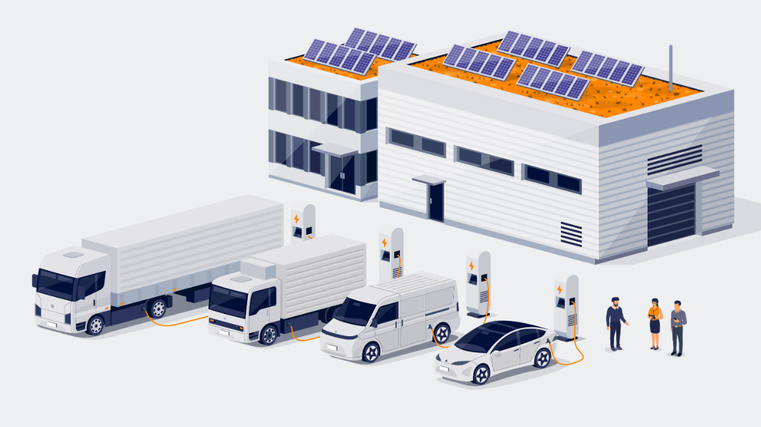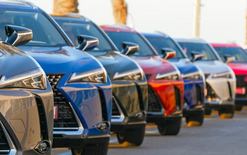Driving for electrification

Drive Electric, a not-for-profit with a mission to accelerate the uptake of e-mobility in New Zealand, has released its first-ever report on the country’s transport system and fleet.
Called “State of the Nation | E-mobility in New Zealand 2023”, it demonstrates that electrification will drive energy independence, lower costs for businesses and families, and contribute to environmental improvements.
The report explores the country’s electric transport ecosystem up to June 30, 2023. It covers global trends, energy and charging infrastructure, light and commercial vehicles, heavy transport, buses, marine, aviation, bikes, batteries, policy, consumer and fleet trends, and more.
Some of the facts highlighted in the 78 pages analysis include:
• Globally, EV sales have increased by 730 per cent since 2017.
• In 2022, there were 343 EV models available worldwide, the biggest brands being BYD and Tesla.
• The average range has doubled in the past 10 years and average prices have fallen almost US$10,000.
• In New Zealand, the light EV fleet has increased 9.5 times in the past five years.
• The clean-car policies provided more than 100,000 rebates and reduced the average emissions of newly registered vehicles by 21 per cent.
• Wellington has the highest market share of EV registrations and Canterbury has the highest number of public chargers.
• 24 per cent of all bus registrations in New Zealand were electric last year.
• It’s forecasted that, by 2035, a household with two EVs will have 51 per cent lower household energy bills.
Kirsten Corson, Drive Electric’s deputy chair, says: “We are proud to release this report as it shows New Zealand has made considerable progress with the uptake of e-mobility, particularly in the light fleet.
“We’ve seen that the clean-car programme has contributed to this progress. It’s a policy that has driven down the price for New Zealanders and attracted greater supply. In time it will start to populate the second-hand fleet, making EVs accessible to more New Zealanders.
“However, the report shows there’s still so much more to do. Despite the progress, EVs remain at around two per cent of the light fleet. Now is the time to double-down and strive for more than two million EVs on our roads in the mid-2030s.
“There’s so much benefit to be gained, such as cheaper fuel prices for households, fewer emissions, less air pollution and less reliance on foreign oil.”
Drive Electric’s report also shows that New Zealand needs to significantly advance charging infrastructure.
“Charging infrastructure underpins all forms of e-mobility, and we need to rapidly increase the availability of public charging and encourage households and businesses to adopt smart-charging technology,” adds Corson.
“As we decarbonise the economy, our demand for renewable energy will soar. This could be 60-70 per cent higher by 2050.
“We’ve got to ensure we can increase generation but also ensure our distribution infrastructure is ready to support this uptake. We encourage policy-makers and regulators to give EDBs the mandate to enable this growth.
“This is possible. Since 1996, we have added enough generation capacity to our energy system to support two to three complete EV fleets. It’s also great for households. It’s forecasted that by 2035, a household with two EVs will have 51 per cent lower energy bills.
“The report is unique in that it’s not all about cars. We can see our bus fleet is making strides towards electrification, with 24 per cent of registrations electric in 2022.
“There are some green shoots in our marine sector with electric ferries docking in Wellington and Auckland, and we could see electric planes carrying passengers in our skies as early as 2026.”
Heavy transport, meanwhile, remains a challenge. However, trucks have started to arrive in our fleet and there are more than 100 so far.
Corson explains: “The investment cases for electric trucks can be challenging, but the emissions reductions from electrification are significant. We want to take that opportunity to the next government and say, ‘there’s real bang for buck here, let’s get the settings right’.
“Globally, this report shows that e-mobility in all forms are the vehicles of the future. With our advantages of renewable energy, New Zealand is well-positioned to take advantage of this technology, and benefit financially and environmentally. Let’s invest and reap the rewards.”
To read the full state of the nation report, click here.





